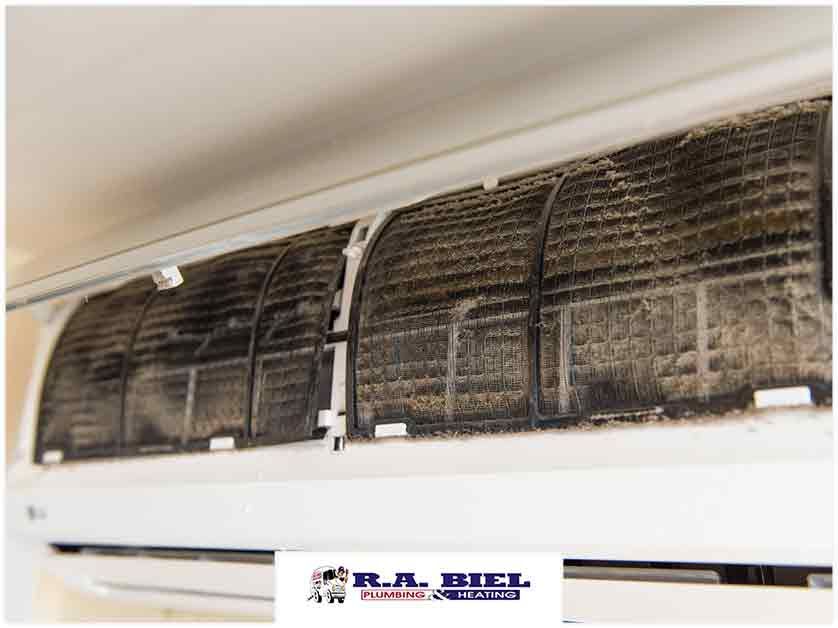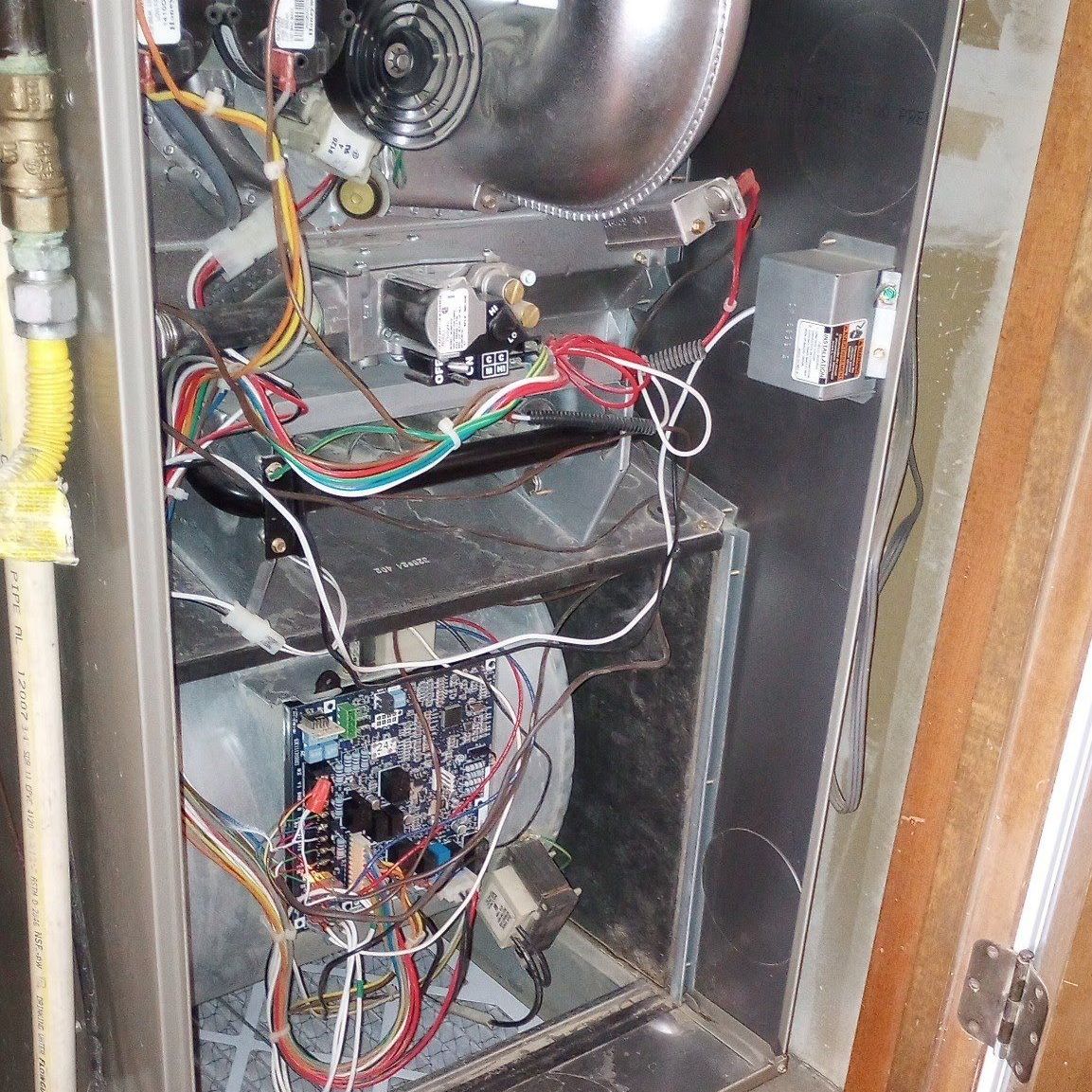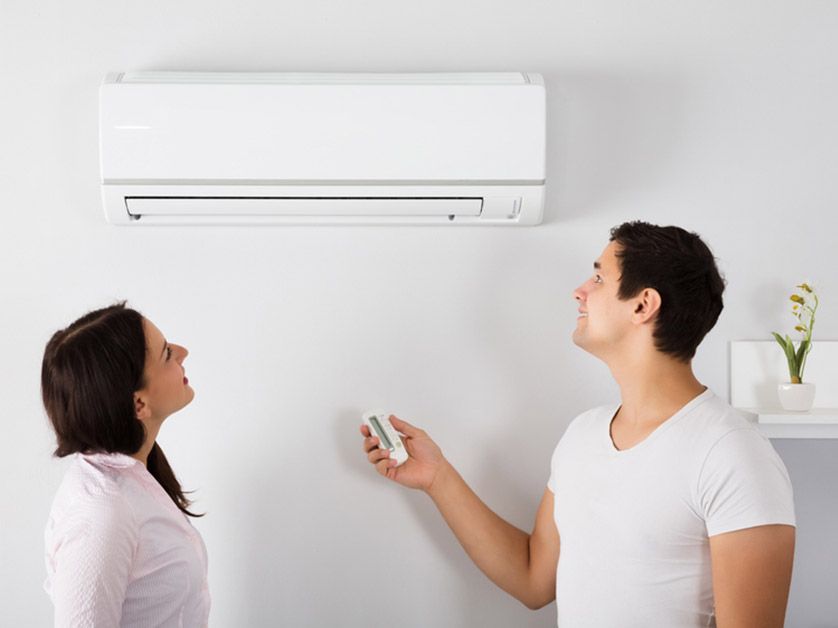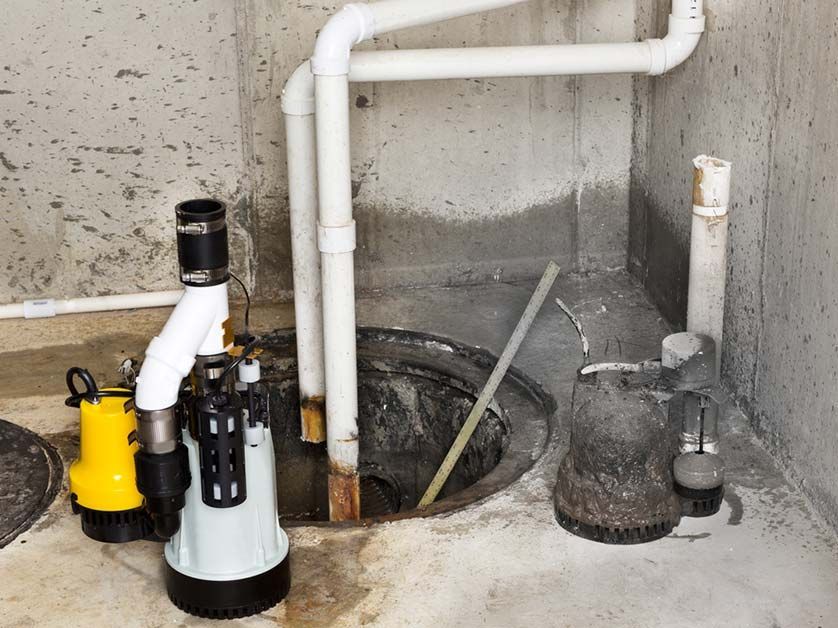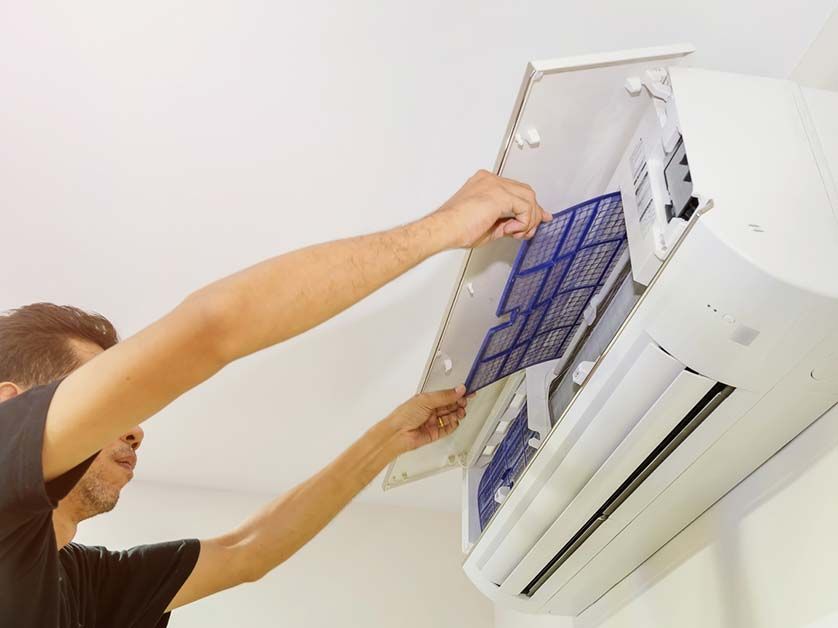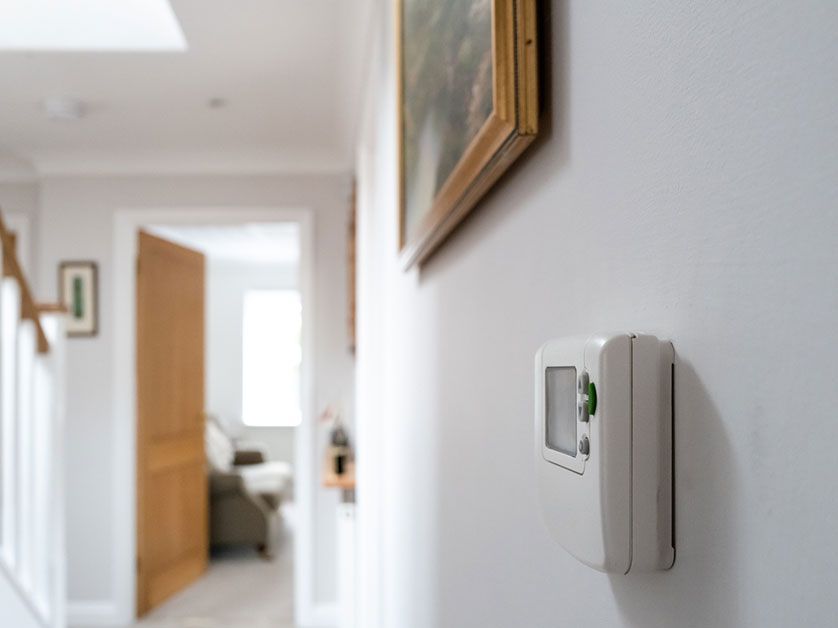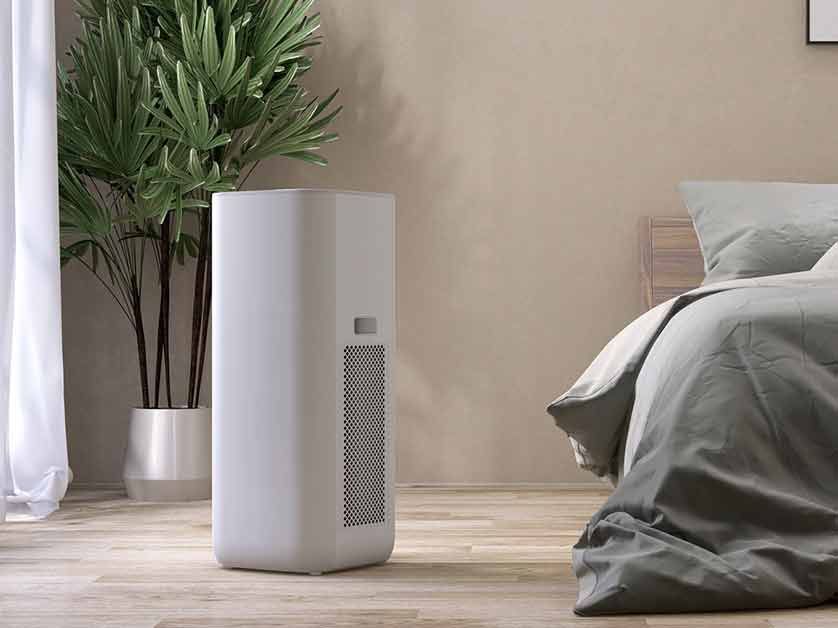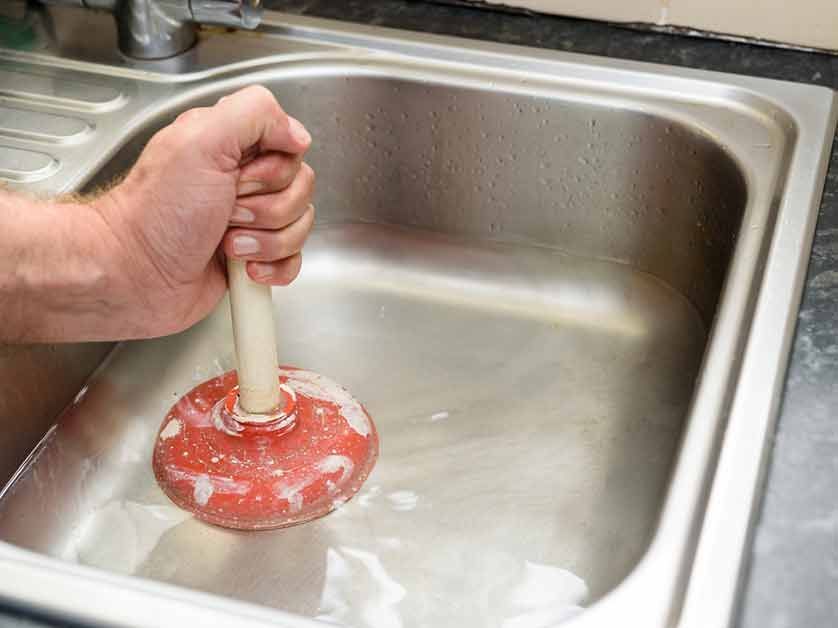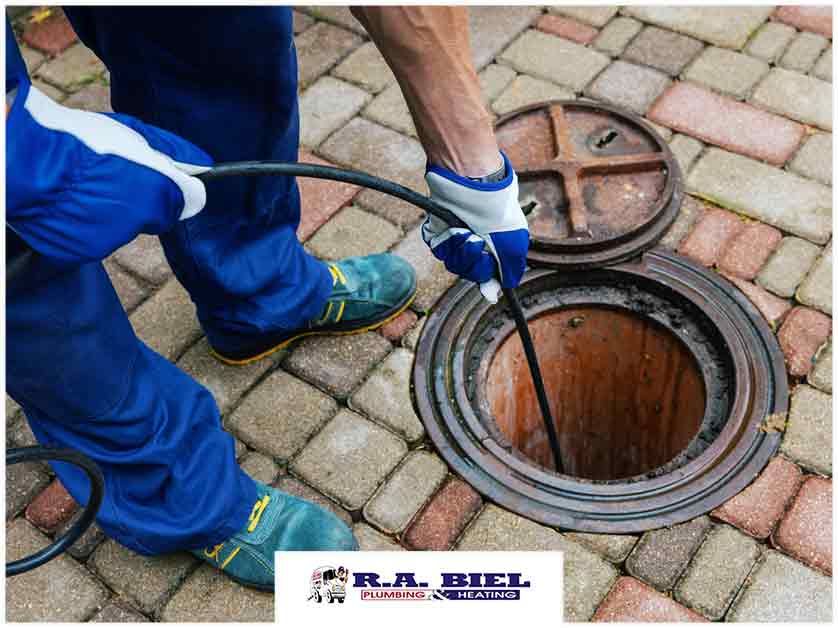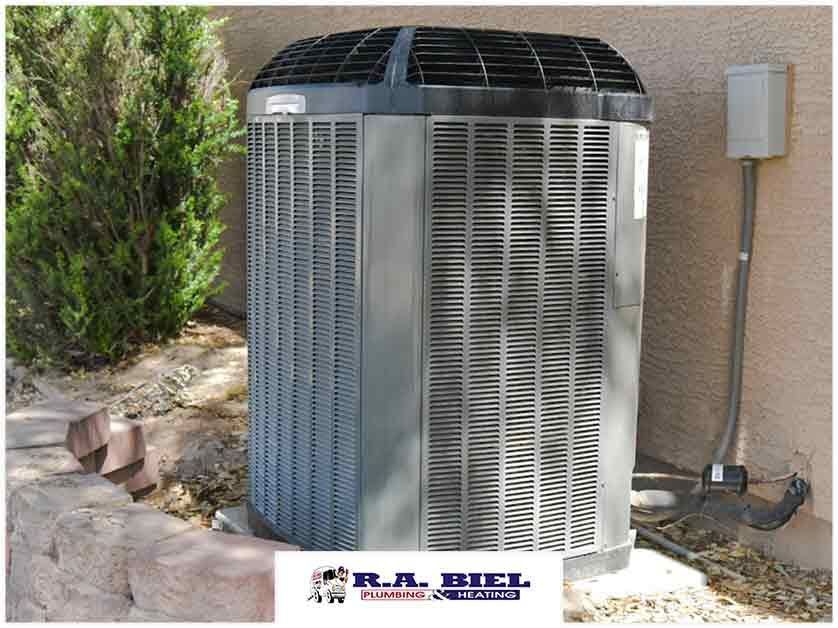Common Plumbing Pipe Noises and What Do They Mean
Under normal operating conditions, plumbing pipes don’t make loud noises. If your home is making a lot of noise, this may be an indicator that a plumbing repair should be scheduled as soon as possible. In this blog, R.A. Biel Plumbing and Heating discusses common plumbing noises and what they mean.

Whistling
A whistling sound is typically emitted by a leaking toilet fill valve. Since the sound is transmitted to the pipes, you may need to check each toilet to figure out which one is the culprit. The next time you hear whistling, check each bathroom and find the one from which the sound is being emitted. To prevent further whistling noises, adjust the fill valve mechanism. If the whistling sound persists, the fill valve may need to be replaced.
Vibrating Sounds After Flushing
A quick vibrating sound that occurs immediately after a toilet is flushed is also related to fill valves. The top cap of a fill valve contains a flexible component called a diaphragm gasket. As it ages, this rubber component becomes rigid. In this condition, it vibrates instead of settling in place after a flush. The vibrations are transmitted through the pipes, hence the vibrating sound.
Lifting the fill valve float arm will stop the vibration, but this is in no way a permanent solution. Fortunately, diaphragm gaskets cost nowhere near as much as a new air conditioning system, and it takes less than an hour for a plumbing professional to replace one.
Banging Noises
Two different circumstances cause banging noises in the pipes. The first is due to improperly secured piping. Water flowing through the pipes exerts pressure at obstructions and turns in the plumbing, and these sudden changes in direction can cause pipes to start banging. Ideally, your plumbing should have as few turns as possible. Long runs of piping should be properly secured to ensure smooth water flow.
Another type of banging noise is caused by a phenomenon called a water hammer, which usually happens when a faucet is turned off. High water pressure that’s abruptly cut off—by a faucet, in this case—needs somewhere to go. The remaining length of pipe usually takes the full brunt of the water pressure, resulting in a water hammer. Repetitive water hammers can cause damage to the pipes.
To stop water hammers, a device called a water hammer arrestor can be installed near the offending faucet by a plumbing professional. Water hammer arrestors feature a valve that adds headroom to the pipe to relieve the excess water pressure.
R.A. Biel Plumbing and Heating is your leading provider of plumbing repair and new heating system installation. Give us a call at (505) 672-7888 or (970) 884-3358, or fill out our contact form to schedule an appointment.
The post Common Plumbing Pipe Noises and What Do They Mean appeared first on R.A. Biel Plumbing & Heating, Inc..
Our Recent Articles
